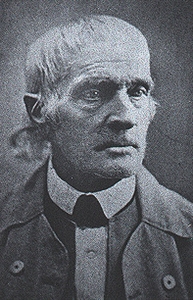Buddah Day 2024 is on Monday, May 6, 2024: How do you celebrate Bodhi Day?
Monday, May 6, 2024 is Buddah Day 2024. The City of 10,000 Buddhas - Celebration of Shakyamuni Buddha's ... “Bathing the Buddha Day.
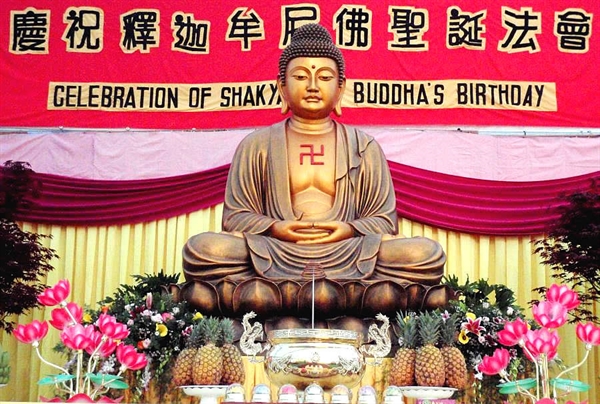
There are two important Buddhist holidays: Buddha's Birthday and Buddha's Enlightenment Day.
In most Buddhist countries, Buddha's Birthday is celebrated on the 8th day of the 4th month of the lunar year. Buddha's Enlightenment Day is celebrated on the 8th day of the 12th month of the lunar year. However, different countries may vary the timing of these celebrations to some extent.
The type of ceremony varies considerably by country and tradition. Most Buddhist ceremonies have the following elements:
- Chanting
- Meditation
- Speeches
- Flowers on the altar, and sometimes fruit as well
- Gifts of money to monastics
- Good food after the ceremony
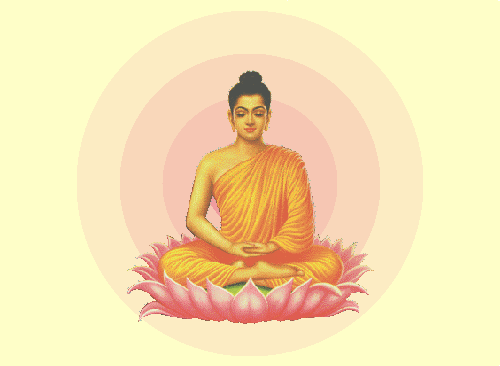
Is Buddah a god?
Buddha (Pāli and Sanskrit) means ‘one who is awake’ (see Bodhi) or ‘one who knows'.
A Buddha is a being (i.e. a human being) who has, through his or her own efforts and wisdom, awoken to the Truth (Dharma) behind appearance, having abandoned and overcome anger, desire and ignorance; attained liberation (moksa) from suffering.
Life of Buddha
In its most common usage the word Buddha refers to Siddhartha Gautama (circa Sixth Century BCE), a ksatriya prince of the Sakyans (a people of modern-day Northern India and Nepal), who gave up a life of luxury and power to become a wandering mendicant.
Siddhartha Gautama is born in Lumbini, near the Nepalese-Indian border to his father, King Suddhodana, ruler of the Sakya tribe, and his mother, Queen Mayadevi. The father gives his son the name of Siddhartha (the one who obtains success and prosperity), his second name is Gautama (name of the clan). At the time of his birth, seers predict that Siddhartha will either become a great ruler or a great teacher.
Having heard the predictions, his father was determined to raise Siddhartha as a great ruler. Thus, Siddhartha was taught warrior skills of athletics and combat. Even at a young age, Siddhartha displayed dharmic potential. There is one story of when Siddhartha was meditating under a tree through a whole day and the tree's shade remained on him even though the sun had moved. Later on, he married the beautiful princess Yashodhara. He won her hand in marriage in a competition where Yashodhara's suitors would compete in athletic and combat abilities. Siddhartha was then sheltered from the harshness of life by building Siddhartha four palaces for each of the three seasons (cold, hot, and rainy seasons) to live in. These palaces were restricted to the ill-fortunate people and filled with the comforts and pleasures of court-life (ie. beautiful women, delicious food and wine, etc.). Yashodhara later gave birth to Siddhartha's son.
However, on one of the rides through the streets of his kingdom, he encountered an old person, a diseased person, a funeral procession, and a yogi. When he encountered the old person, he asked his chariot-rider what had happened to him. And his rider responded that this person had grown old with age and it is something that happens to everyone. When he encountered the diseased person, he again questioned his chariot-driver and he was told that this person had be stricken with an illness and it can happen to anybody. Similarly, the chariot-driver told Siddhartha that the funeral procession was for someone who had died and that it happened to everyone. The final encounter, however, was different as his chariot-driver explained that this Yogi was someone who had given up the world to seek out Truth (Satya). With this motivation, the young prince left the palace to search for something that would give him lasting happiness.
At the age of 35, through deep meditation, Siddhartha realized the true nature of mind, thus becoming a Buddha. During the 45 years following his enlightenment, the Buddha gave advice and taught various methods of working with mind and its perfect qualities (fearlessness, joy, and active compassion) to people from all walks of life according to their needs and understanding. These teachings aimed at the development and freedom of body, speech, and mind, and the Buddha is seen as a mirror of this potential in all. Of those who sought to put the Buddha's teaching into practise, many left their lives as householders to become members of a community (sangha) of disciples (bhikkhus) bound by a common code of discipline (the patimokkha) designed by the Buddha to create the most conducive conditions for mind-body transformation. A great many of these followers became fully enlightened arhats.
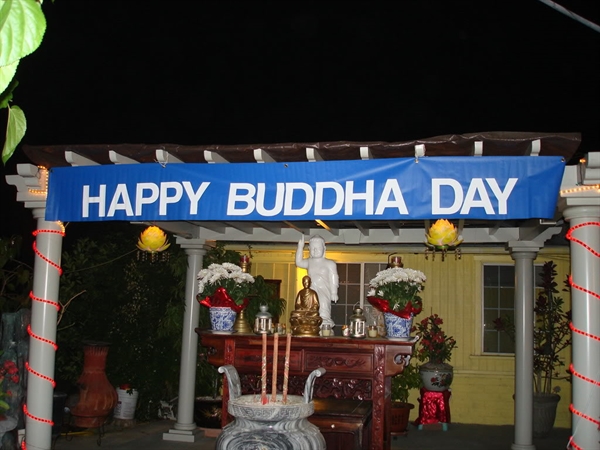
5-day intinerary in BKK. Any suggestions?
Four to five days is a little long for BKK. This is what I would do.
Day one- After checking in I would go to The Grand Palace. Then I would go to Wat Pho and see the reclining Buddah. Ignore all the touts who claim Wat Pho is closed. I would spend at least one night at a Transgender show
.
Day Two- Take a boat ride around the canals. There you will see all the traditional Thai houses on the riverside a real eye opener.
I would spend at least one night in a Bkk red light district even if you don't plan to score its still interesting. There are three Nana Plaza, Patpong, Soi Cowboy. Patpong is the most shocking.
Day Three- Take a day tour of Auyuttia the ancient Capital. These ruins are unlike the flamboyant temples in BKK. They are much more like Anchor Wat.
Spend at least two days on the beach in Pattaya.





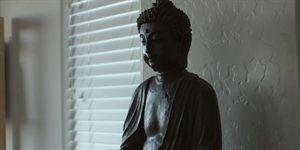

![Give Local America Day - Saint Pat's day question . . . [plz answer if you know it!!]?](http://holidaysofyear.com/images/gla-hero.png?w=300)
